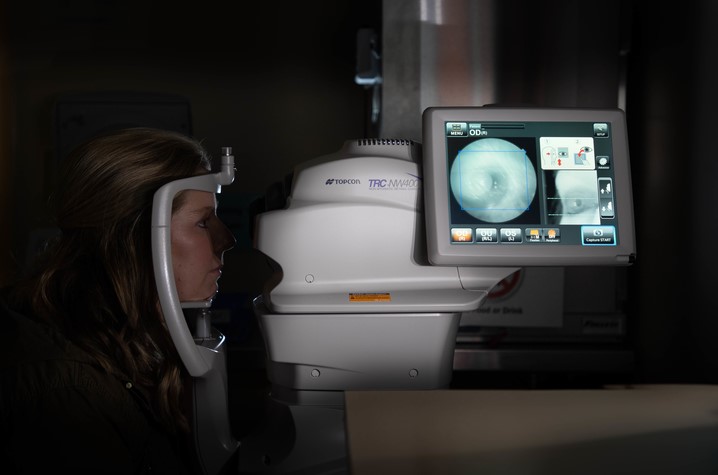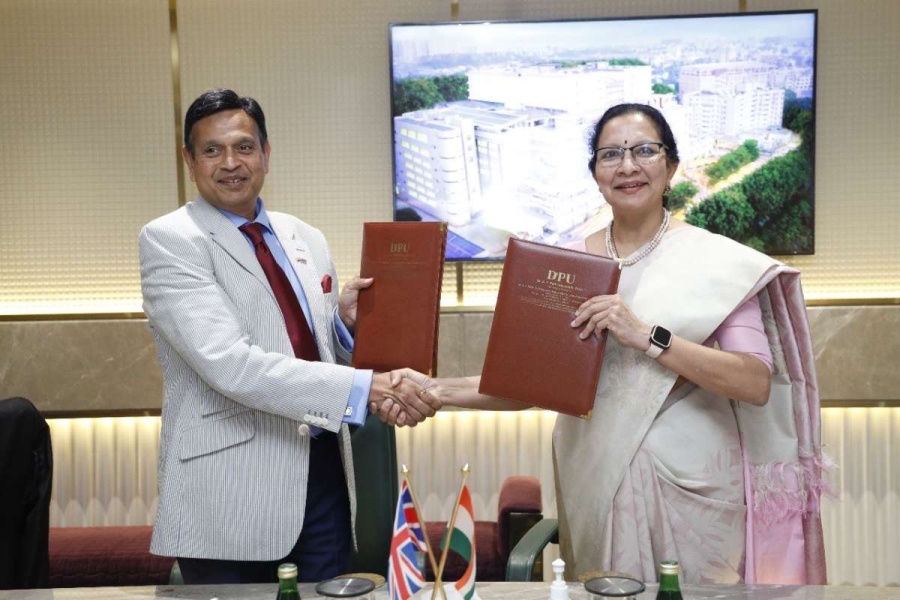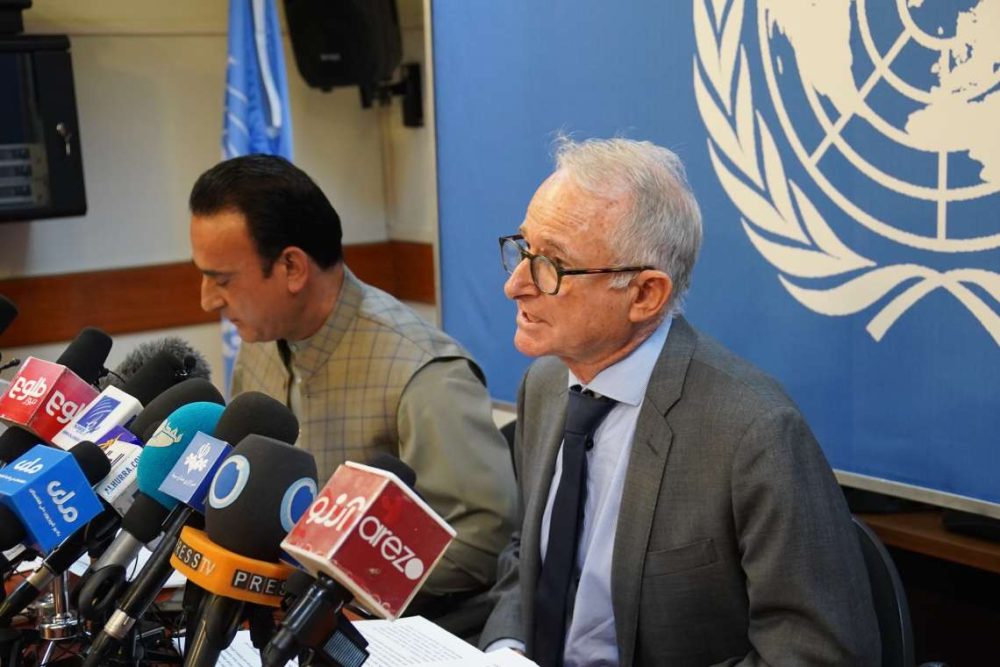Starmer offers his own solutions, with a 10-year plan from Labour that promises to have “the fingerprints of NHS staff and patients all over it”…reports Asian Lite news
Prime Minister Keir Starmer will warn the NHS must “reform or die”, as the government publishes an independent investigation into the state of the health service.
The report – ordered by Health Secretary Wes Streeting days after he took on the role – was carried out by peer and surgeon Lord Darzi.
It will conclude the NHS is in a “critical condition”, with record waiting lists and too much of its budget spent in hospitals, as well as saying the nation’s health had significantly deteriorated over the past 15 years.
However, Lord Darzi will also say the service’s vital signs “remain strong”, as the sector is filled with staff who “shared passion and determination to make the NHS better for our patients”.
In a speech on Thursday, the prime minister will point to the probe’s findings and lay the blame at the Conservatives’ door – especially the impact of their 2012 Health and Social Care Act, which the report described as a “calamity” that had “proved disastrous”, as well as claims there has been a decade of underinvestment.
But he will offer his own solutions, with a 10-year plan from Labour that promises to have “the fingerprints of NHS staff and patients all over it”.
Starmer will say: “Our NHS went into the pandemic in a much more fragile state. We had higher bed occupancy rates, fewer doctors, fewer nurses and fewer beds than most other high income health systems in the world. And let’s be clear about what caused that… a ‘scorched earth’ approach to health reform, the effects of which are still felt to this day. The 2010s were a lost decade for our NHS… which left the NHS unable to be there for patients today, and totally unprepared for the challenges and opportunities of tomorrow.”
The prime minister will say there is a “profound responsibility” on the government to address the issues, for both health and economic reasons, promising three “big shifts” in its approach:
• Using more technology to create a “digital NHS”
• Shifting more care out of hospitals and into communities
• Moving from treating sickness to focusing on prevention
Starmer will warn that what he calls “the biggest reimagining of our NHS since its birth” will not be “easy or quick”. But he will add: “What we need is the courage to deliver long-term reform – major surgery not sticking plaster solutions. The NHS is at a fork in the road, and we have a choice about how it should meet these rising demands – raise taxes on working people to meet the ever-higher costs of aging population, or reform to secure its future. We know working people can’t afford to pay more, so it’s reform or die.”
Shadow health secretary Victoria Atkins said the Tories would “review this report carefully”, but claimed Labour had appeared to have “missed an opportunity to put together meaningful plans for reform”.
She added: “We Conservatives recognise that investment has to be married with reform. This is why we brought forward long-term plans for productivity, tech, ‘Pharmacy First’, virtual wards, attracting pharmaceutical research and training and retaining staff. We did this whilst boosting investment in the NHS in real terms every single year. The Labour government will be judged on its actions. It has stopped new hospitals from being built, scrapped our social care reforms and taken money from pensioners to fund unsustainable pay rises with no gains in productivity. They need to move from rhetoric to action.”
Matthew Taylor, the head of the NHS Confederation which speaks on behalf of NHS organisations and their 1.5 million employees, said the report had identified some of the problems facing the health service.
But he warned that waiting lists would probably get even longer this winter – as normally happens.
“It will take at least a full term for Labour to get anywhere near the kinds of targets they’ve got for waiting lists”, he told The World Tonight.
Thea Stein, chief executive of the Nuffield Trust think tank, said while Lord Darzi’s report was “not surprising” it was still “deeply troubling”.
“The big question now is what happens next.”
William Pett, of the patient watchdog Healthwatch England, said the problems needed to be addressed, describing services as in disarray and waiting times as excessive.
And he added: “These challenges are not experienced equally, with poorer communities hit hardest.”
ALSO READ: HRW demands release of Taiwanese activist from China














